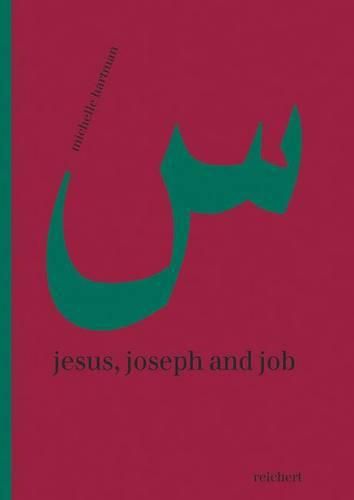Readings Newsletter
Become a Readings Member to make your shopping experience even easier.
Sign in or sign up for free!
You’re not far away from qualifying for FREE standard shipping within Australia
You’ve qualified for FREE standard shipping within Australia
The cart is loading…






Joseph, Jesus and Job are all immediately recognizable religious figures in both Christianity and Islam who have been incorporated into a range of artistic and literary projects both inside and outside the Arab world. This study examines how three Lebanese women authors borrow and use these religious figures within their works of creative fiction. It proposes that the social, political and literary contributions of these works are interlinked and that their messages, especially those related to religion and gender, emerge through their innovations and artistry as creative works. Drawing on the dual critical frameworks of intertextuality and postcolonial feminist theory, the study sets these works and their themes in relationship to multiple contexts, posing the question: Are these Arabic, French and/or Francophone novels? Should they be understood as Arab, Lebanese, and/or ‘Third’ World texts? As women’s literature? The works treated are: Huda Barakat’s Hajar al-dahik, Najwa Barakat’s Hayat wa-alam Hamad ibn Silana, and Andree Chedid’s La femme de Job.
$9.00 standard shipping within Australia
FREE standard shipping within Australia for orders over $100.00
Express & International shipping calculated at checkout
Joseph, Jesus and Job are all immediately recognizable religious figures in both Christianity and Islam who have been incorporated into a range of artistic and literary projects both inside and outside the Arab world. This study examines how three Lebanese women authors borrow and use these religious figures within their works of creative fiction. It proposes that the social, political and literary contributions of these works are interlinked and that their messages, especially those related to religion and gender, emerge through their innovations and artistry as creative works. Drawing on the dual critical frameworks of intertextuality and postcolonial feminist theory, the study sets these works and their themes in relationship to multiple contexts, posing the question: Are these Arabic, French and/or Francophone novels? Should they be understood as Arab, Lebanese, and/or ‘Third’ World texts? As women’s literature? The works treated are: Huda Barakat’s Hajar al-dahik, Najwa Barakat’s Hayat wa-alam Hamad ibn Silana, and Andree Chedid’s La femme de Job.